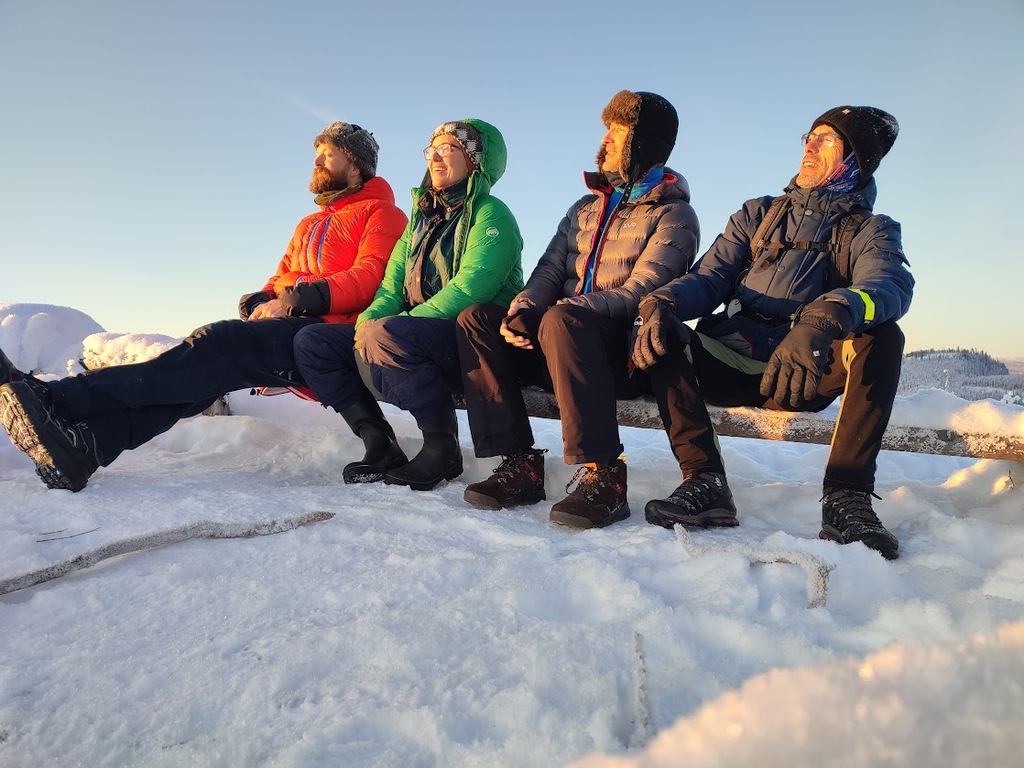The initiative is aimed at professional growth of researchers and fostering the scientific cooperation of three universities, Technical University in Košice (TUKE), Reykjavik University (RU) and Norwegian University of Science and Technology (NTNU). The research area is artificial intelligence (AI) and the application area is healthcare.
TUKE strives to become a leading-edge research facility and so its researchers need continuous education, international exposure, and close following of the modern trends. The knowledge exchange will be performed in the form of invited lectures, seminars or workshops organised during the visits among the partners. Also, the researchers of TUKE will perform longer visits of the partners to collaborate in their research, gain new professional experiences and links. The partners will also be involved in the activities of TUKE in the field of adaptive rehabilitation. Exchange work on the ongoing research will greatly benefit all the participating parties in terms of increasing their qualification, sharing knowledge, publishing the results, and establishing future research cooperation. Important is also identification of funding opportunities for common research.
The partners perform a multitude of activities, but we will focus on the research units that will closely cooperate within this project, namely Department of Cybernetics and Artificial Intelligence of the Faculty of Electrical Engineering and Informatics at TUKE, Center for Analysis & Design of Intelligent Agents at RU, and the Department of Neuromedicine and Movement Science at NTNU.
TUKE develops advanced methods for diagnosis and evaluation of motor impairments and for adaptation of the gamified rehabilitation process to the needs of the patient, in a process of a so-called adaptive rehabilitation. TUKE has developed an advanced prototype of a rehabilitation device for hand motor impairments with a software framework to include various diagnostic and rehabilitation procedures. Research related to this device is the point of the mutual interest of the partners. RU is developing next-generation AI technology, covering innovative methods in this field including empirical ampliative reasoning, causal representation and learning, and self-explaining systems. It is expected that these methods will supersede and replace the contemporary artificial neural networks that dominate AI application in industry at present, because machine learning systems that learn based on grounded knowledge and real-world empirical reasoning are designed to be more trustworthy than any present approaches while at the same time being more controllable and more flexible. RU is also developing a new theory of tasks - one that can be used to analyse and compare automation, assignment, and organization of tasks. The approach can help better adapt AI technologies to various real-world tasks including rehabilitation, health monitoring and services, and cybersecurity.
NTNU researches the application of care and assistive technologies for the treatment of neurocognitive disorders and mental health disorders, the use of social robots for care and well-being, and active user participation and co-creation. The field of measuring emotions and the use of emotional rich content in the provision of psychosocial interventions for health, will be the focus area of contribution. NTNU will promote connection and synergic collaboration with ongoing initiatives, such as LIFEBOTS (lifebots.eu) where the emotional dimension of social robotics will be explored, and SENSE-GARDEN (sense-garden.eu) where emotional measurement in relation to mental health is a central topic of research, development, and deployment.
The research interests of the three partners are in a great synergy and the present and future cooperation of the partners may lead to future research projects and ground-breaking results.
